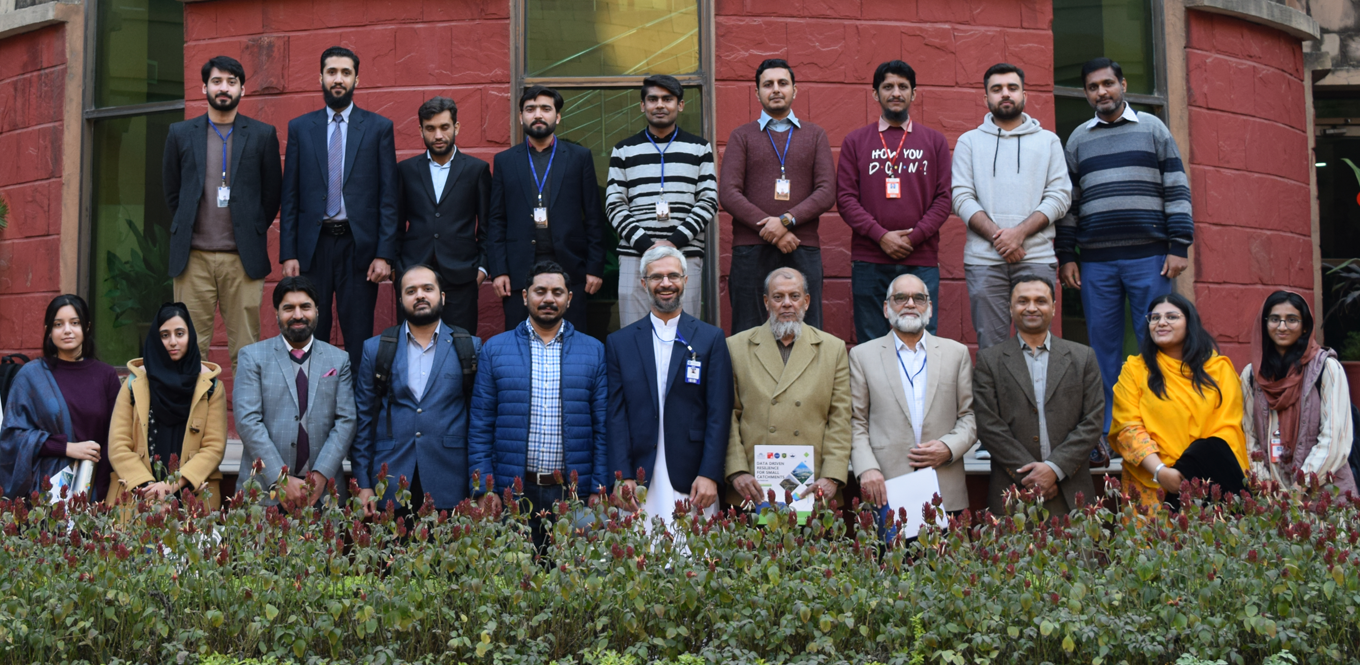A one day workshop on "Data Driven Resilience for small catchments in Pakistan"
-A one day workshop on "Data Driven Resilience for small catchments in Pakistan" was held Dec 22, 2022, at SEECS, NUST. It was held as a part of the DAAD sponsored project on "Securing Socio-Economic Stability and Data-Driven Resilience for Ungauged Namal Valley Watershed at Monsoon Margins” by a consortium of four universities including NUST, LUMS, NAMAL and University of Hamburg, Germany. The focus was on catchments with limited sensing that are prone to torrential flooding and how effective forecasting and modeling can help prevent disasters by effective management of small reservoirs like Namal lake, a problem that is significantly important in light of the looming climate change adverse effects.
There were good talks by research scientists from academic and government agencies on the topic. Dr. Usman Ali from SEECS, NUST talked about the multidisciplinary nature of the DAAD project, involving forecasting, remote sensing, modeling, machine learning and control. Dr. Talha Manzoor from LUMS presented his experiences and lessons learnt from deployment of hydrometric sensor network at Namal Watershed. Dr. M. Zia-Ur-Rehman Hashmi from Global Climate Impact Studies Center (GCISC) talked about predicting future flow regimes for hydrologically diverse catchments while Engr. Muhammad Asif from Pakistan Agriculture Research Council (PARC) highlighted the need for effective utilization of scarce resources for command area development. Dr. Shabeh-ul-Hasson from University of Hamburg, Germany, presented anamnesis of Namal lake for data-driven modeling of the Namal Catchment using remote sensing and computer vision techniques. Dr. Muhammad Azmat, HoD IGIS, NUST presented hydrological simulations to changing climate over sparsely gauged complex river basins. Muhammad Kashif, SEECS, NUST presented hydrological modeling of data-scarce catchments using SWAT.
This was a first in a series of three workshops to be held under our DAAD project. The next workshop is scheduled at Center for Water Informatics and Technology, LUMS, Lahore sometime in mid 2023.


